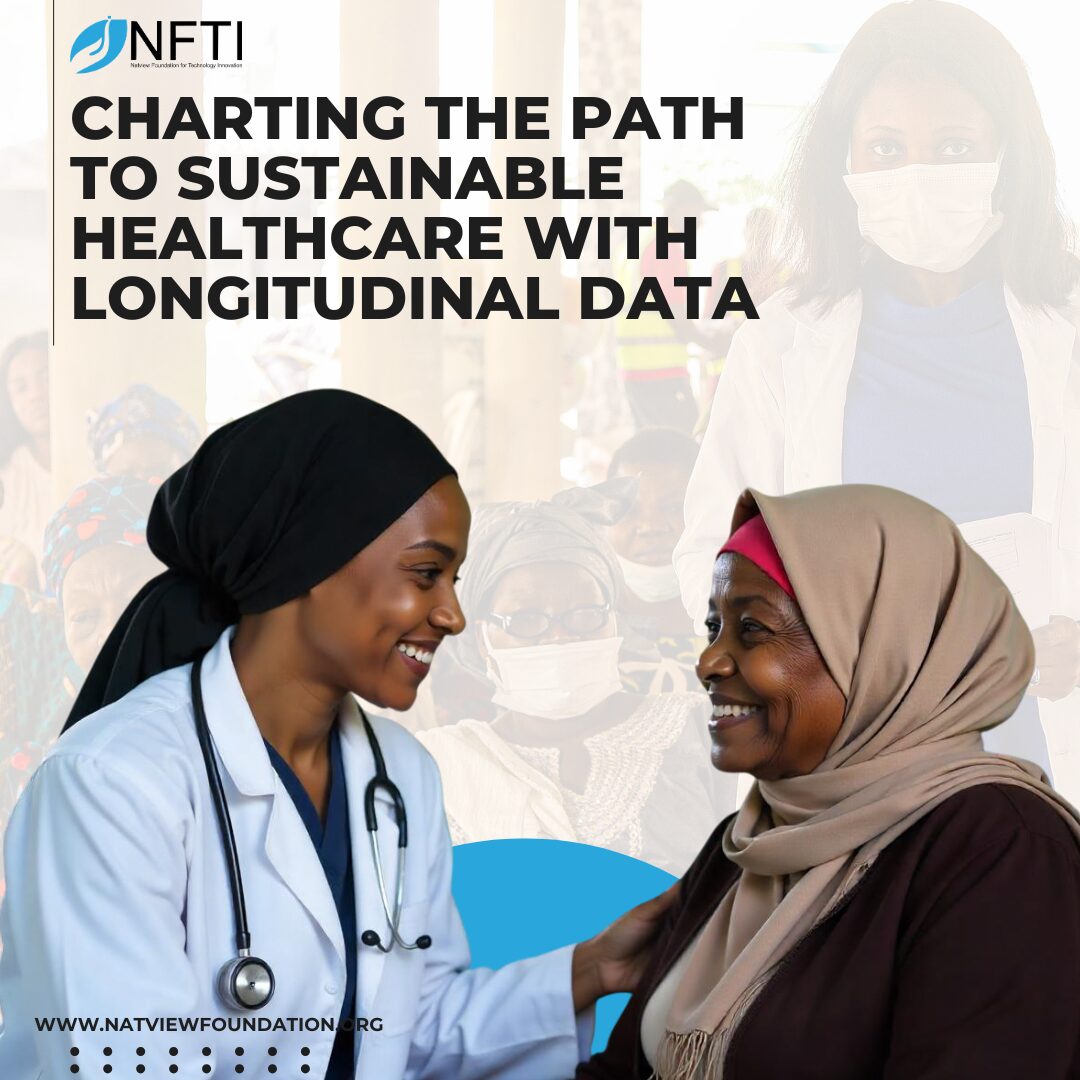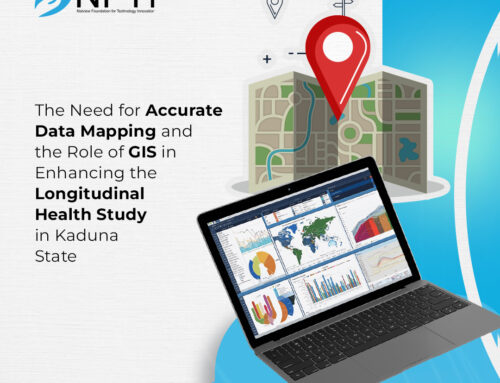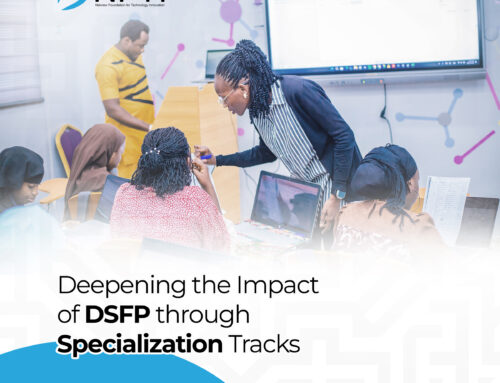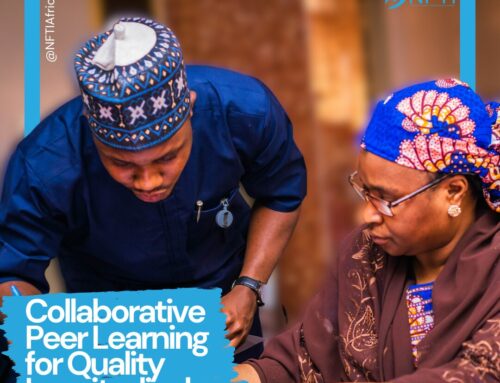Policy decisions in many health systems in Africa often rely on fragmented data—snapshots captured at a single moment in time. Such one-off surveys, while useful for providing a quick assessment of specific issues, offer only a static glimpse into complex, ever-evolving realities in public health. They can tell us what is happening now but fall short of explaining why it’s happening, how trends develop over time, or whether interventions are genuinely effective in the long run. This approach leaves critical gaps in understanding, often leading to policies that address symptoms rather than root causes.
A major drawback of using one-time surveys is that they fail to capture the nuances of change. For instance, a single survey might show that a healthcare facility is fully stocked with essential medicines, but without tracking data over time, we won’t know if stockouts are recurring, if supply chains are unreliable, or if certain seasons experience shortages. In the same way, the availability of the workforce might look stable at a glance, but a longitudinal view, which involves collecting and analyzing data over a period of time, could show patterns of absences related to things like workload, motivation, or policy changes.
This is where the NFTI Longitudinal Study makes the difference. The study is designed to track key health indicators consistently over time, capturing the dynamic shifts in healthcare delivery across Kaduna North, Kaduna South, Chikun, and Makarfi LGAs. It goes beyond the surface to uncover trends, measure the true impact of health interventions, and provide actionable insights for long-term planning. Through sustained monitoring of variables such as healthcare worker availability, drug and vaccine supply chains, and service delivery gaps, the study provides policymakers with the evidence they need to make proactive, data-driven decisions.
The NFTI Longitudinal Study takes data from different points in time and turns them into a strong story. It does this by showing the whole picture of health systems, finding new risks before they become crises, and promoting long-lasting improvements in health outcomes. The study fundamentally tracks changes over time, providing a dynamic and evolving understanding of critical healthcare metrics. Unlike traditional studies that only show one moment in time, this longitudinal approach lets policymakers see patterns, check how well interventions are working, and find the reasons why problems keep happening. The study delves into key areas such as the availability of healthcare workers, staff absenteeism rates, the operational readiness of primary healthcare facilities, the availability and functionality of essential drugs and vaccines, and the efficiency of supply chain management for health commodities.
Through sustained monitoring of variables such as healthcare worker availability, drug and vaccine supply chains, and service delivery gaps, the study provides policymakers with the evidence they need to make proactive, data-driven decisions.
The ultimate goal of this initiative is to transform raw data into actionable insights that drive tangible improvements in healthcare services. NFTI is not working in isolation; it is collaborating closely with the Gates Foundation, healthcare workers, government stakeholders, its data champion community, and local communities to ensure that the data collected is a powerful tool for decision-making. This collaborative approach ensures that the insights generated are grounded in the realities of the communities we aim to serve, paving the way for interventions that are both effective and equitable.
In the short term, the longitudinal study promises to address immediate gaps in healthcare service delivery, enabling local health authorities to respond swiftly to issues such as staff shortages or drug stockouts. Over the medium term, the study’s data-driven insights will inform more strategic resource allocation, ensuring that healthcare resources are distributed equitably and that interventions are targeted where they are needed most. In the long term, the study will contribute to the strengthening of Kaduna State’s healthcare infrastructure, fostering resilience and sustainability in the face of future public health challenges.
In essence, the Longitudinal Study holds the promise of improving healthcare outcomes for citizens in Kaduna State across the short, medium, and long term. NFTI is laying the groundwork for a more equitable and healthier future by using data to ensure that all citizens have access to the quality healthcare they deserve.





